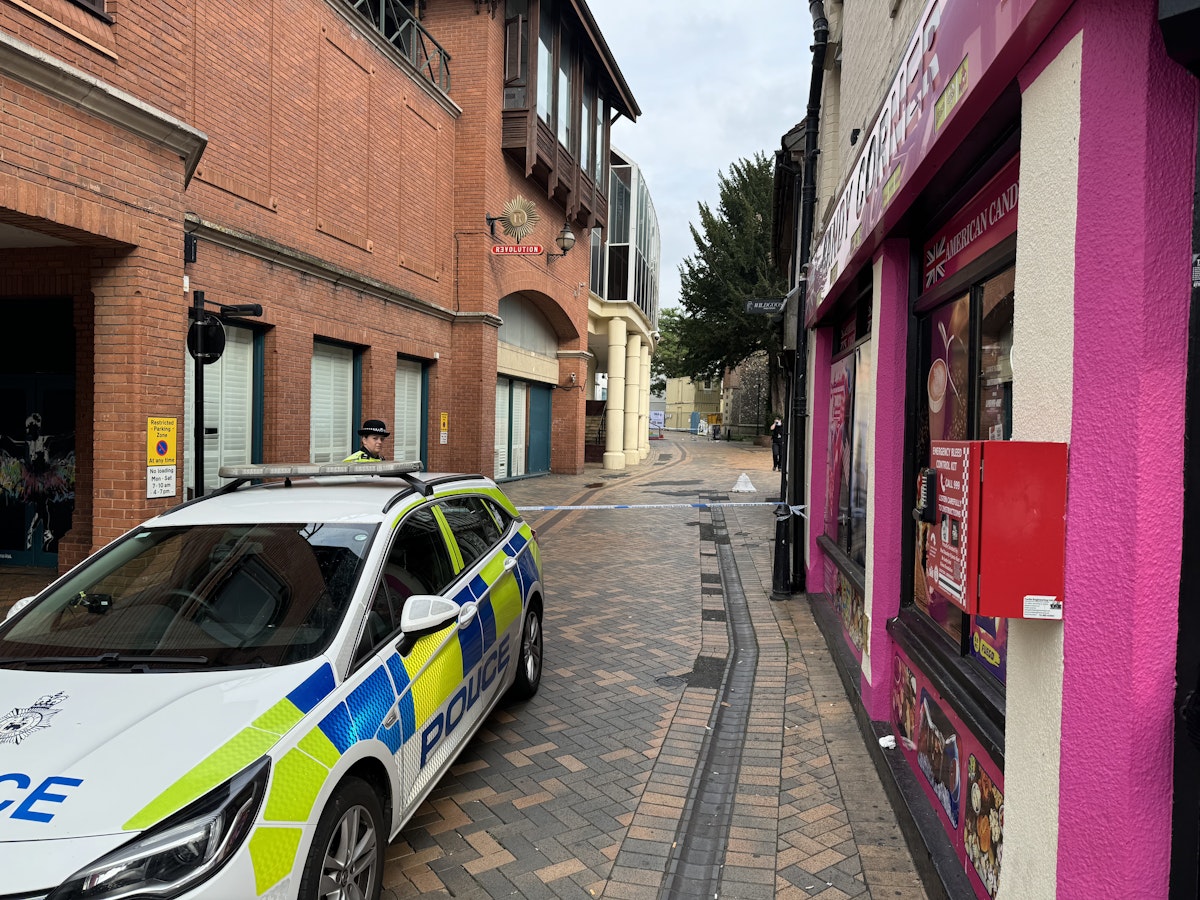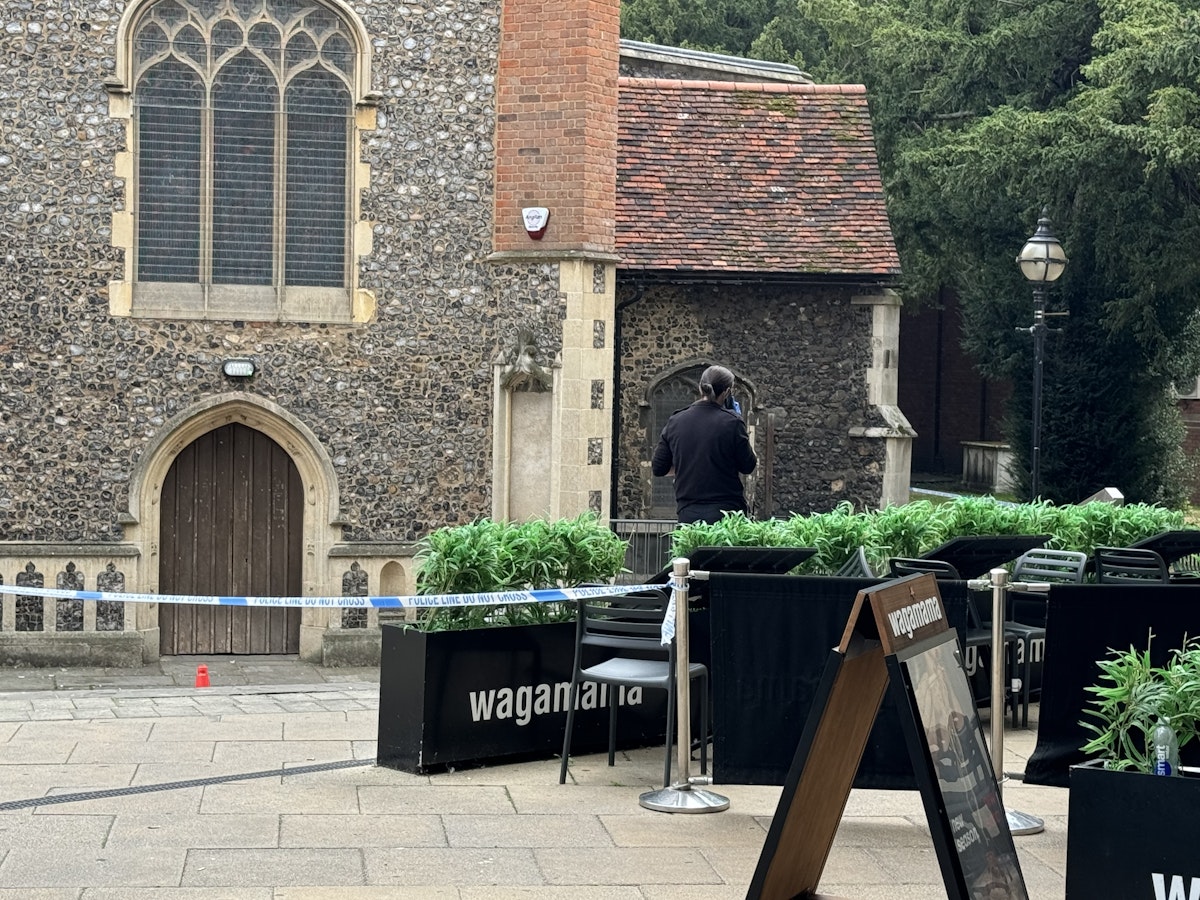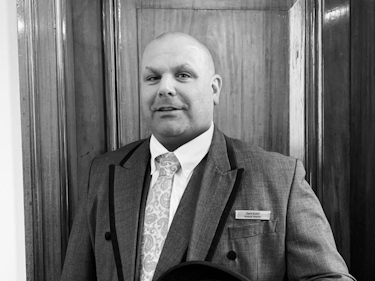The big picture: Three suspects have now been arrested and bailed after a man in his late teens was stabbed in St Stephen's Lane on Saturday night, 21 September.
The incident has fueled ongoing disagreements between local councillors about how best to tackle knife crime in the town.

Details of the arrests:
Three people, aged 20, 19, and 17, were arrested on Wednesday on suspicion of causing grievous bodily harm.
The 19-year-old was also arrested for suspected possession of Class B or C drugs while in custody.
All three have been bailed with conditions to return to police on 25 November.
Incident background:
The stabbing occurred around 11:58pm on Saturday, 21st September.
The victim sustained two puncture wounds to his leg.
His condition was described as serious but not life-threatening.
Police don't believe it was a random attack.

Why it matters: The arrests mark a significant development in the case, which has reignited debate over knife crime in Ipswich.
Sam Murray, Conservative councillor for Castle Hill ward, expressed frustration: "How many knife related incidents does it take before decision makers accept we need a properly thought out and comprehensive knife crime specific strategy for Ipswich?"
Wider context: The stabbing occurred just days after councillors clashed over knife crime strategy at a full council meeting on 18 September.
Murray had asked Cook to "reconsider your stance and agree to create and publish a knife crime strategy for Ipswich."
Cook maintained that addressing knife crime through existing partnerships was "the best approach" rather than creating a separate strategy.
The bottom line: While police continue their investigation, the incident has intensified calls from some councillors for a dedicated Ipswich knife crime strategy, as others argue existing measures are sufficient.








